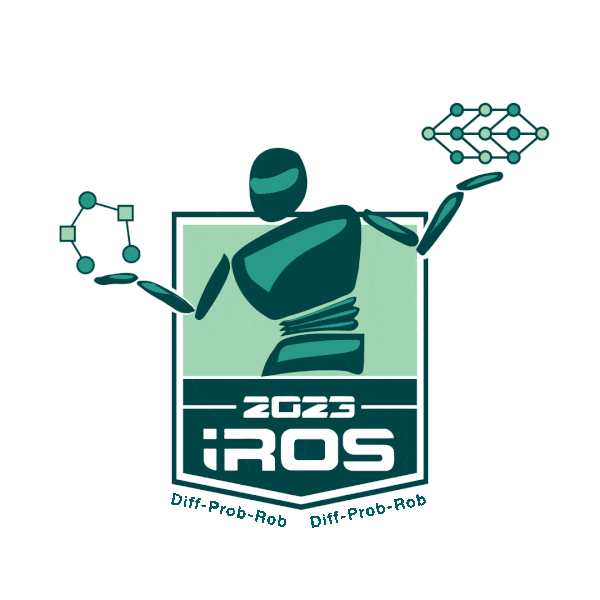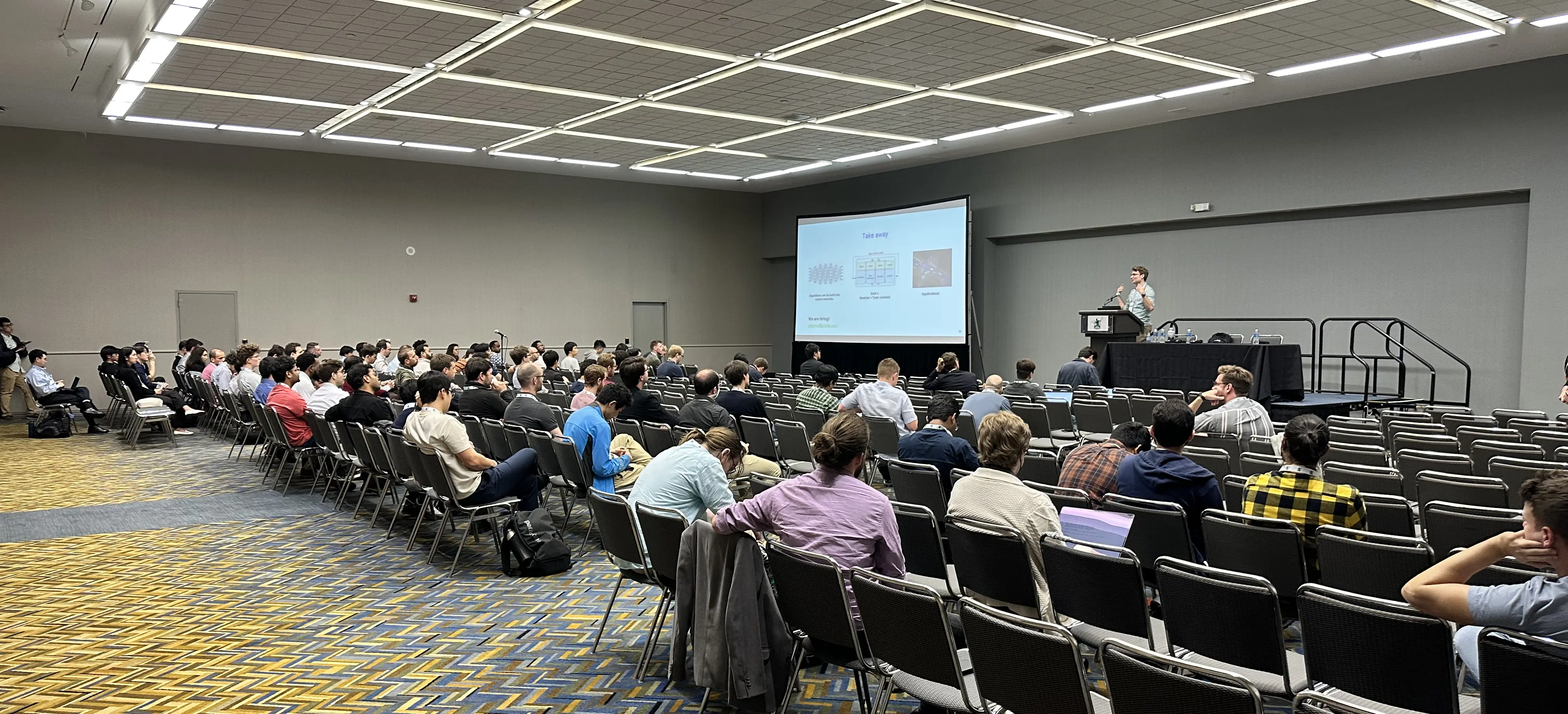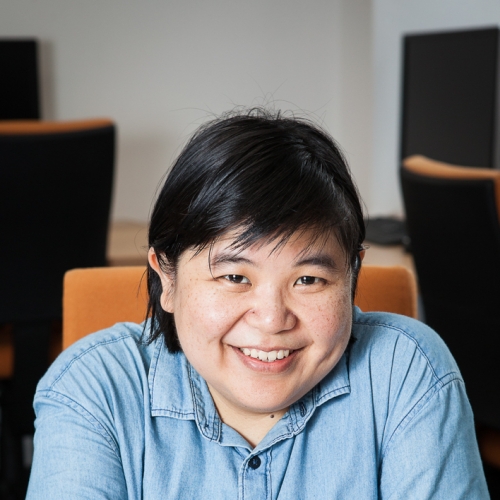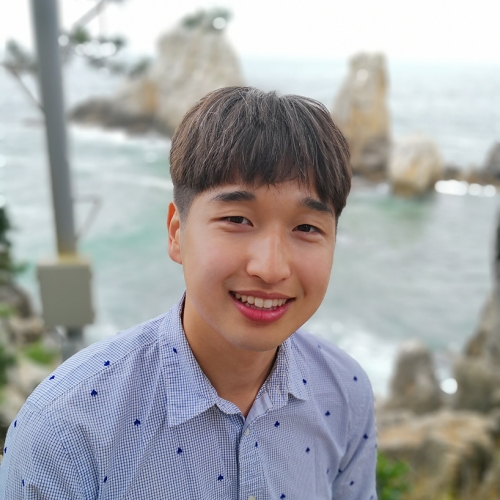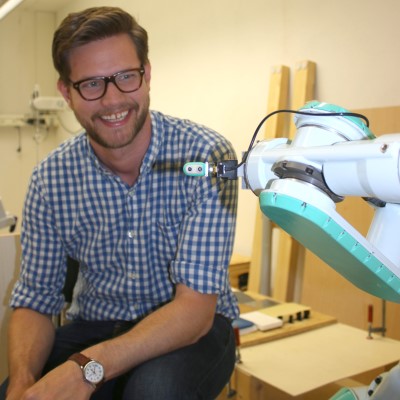Workshop Summary
Advances in robot learning in recent years have yielded outstanding performance across robotic tasks, compelling roboticists to reexamine the role of long-standing, reliable probabilistic inference algorithms. Probabilistic methods have a long history of enabling effective operation under uncertain and unstructured environments and provide a unifying perspective on perception, control and learning. Robot learning, on the other hand, promises generalizability, eliminating the need for carefully hand-crafted models required in many classical probabilistic algorithms. However, it remains unclear whether we can achieve reliable, adaptable behavior by relying on data alone. This workshop sets out to address the question: How can roboticists achieve the best of both deep learning and probabilistic inference?
Recently, the robotics community has seen an emergence of interest in hybrid methods which aim to exploit the benefits of both underlying model classes. Key developments in Differentiable Probabilistic Robotics have included the introduction of learned components within inference frameworks and end-to-end differentiable algorithms for Bayesian inference. These methods offer the opportunity to develop robust and reliable learning and adaptive systems. This workshop aims to connect researchers working at the intersection of robotics, deep learning, and probabilistic inference to facilitate breakthrough research in these areas.
